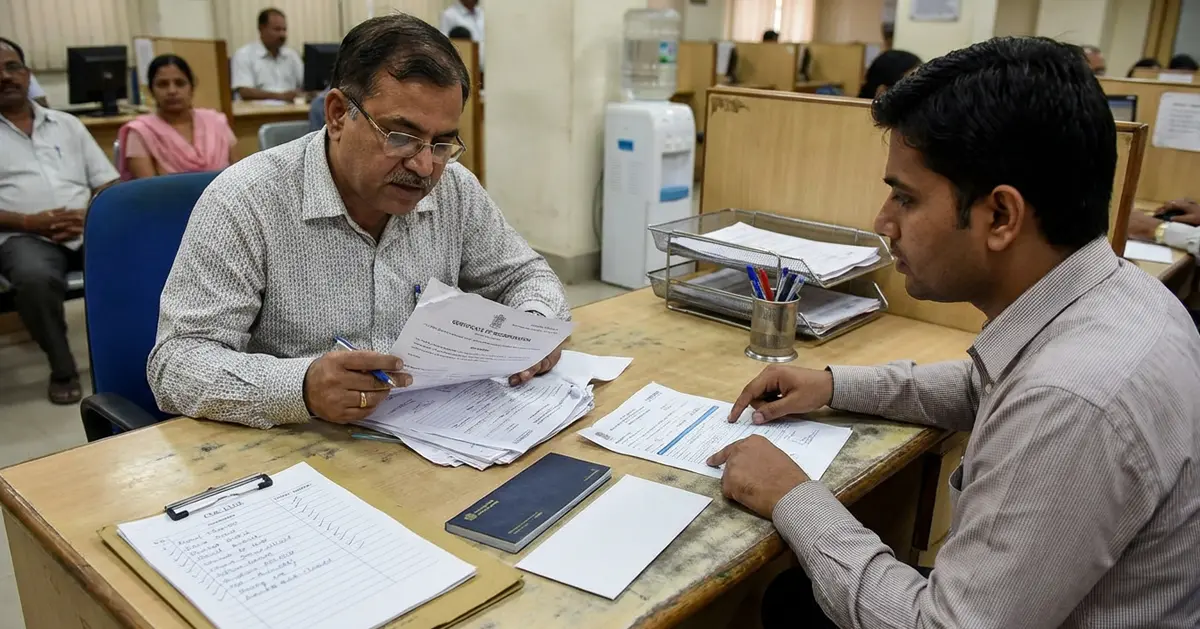A Limited Liability Partnership is a legal business structure that combines the flexibility of a partnership with the limited liability protection of a company. The Limited Liability Partnership Act, 2008, recognizes an LLP as a separate legal identity. This means it can own property, enter into contracts, sue or be sued, and continue operations regardless of changes in the partnership. This makes it particularly suitable for startups, SMEs, and professional service firms.
Haryana has emerged as a thriving hub for startups and small businesses. The state hosts over 8,800 DPIIT-recognized startups, and more than 45% are women-led ventures. Haryana has produced 19 unicorns, such as ShipRocket, reflecting a robust ecosystem for high-growth businesses. Despite covering just 1.3% of India’s land area, Haryana contributes 3.6% to the national GDP.
Startups, consultancies, and service-based businesses in Haryana prefer LLPs due to low-cost setup, simplified compliance, and operational flexibility. LLP company registration helps entrepreneurs start quickly while maintaining credibility and legal protection.
Key features of LLP registration in Haryana include:
- Limited Liability Protection: Partners are liable only up to their agreed capital contribution. Personal assets, like savings, property, or investments, remain protected against business debts or liabilities.
- Flexible Partnership Structure: Partners can define roles, responsibilities, and profit-sharing ratios through a customized LLP Agreement, providing autonomy over internal operations.
- No Minimum Capital Requirement: Unlike companies, LLPs do not mandate a minimum capital contribution, allowing startups and small businesses to start with limited resources.
- Perpetual Existence: The LLP continues to operate even if a partner leaves or passes away, ensuring business continuity.
- Tax Benefits: Profits are taxed only at the partner level, eliminating double taxation. The LLP is subject to a flat 30% income tax plus applicable cess and surcharge, while partners are exempt from additional tax on profit distribution (as per Section 10(2A) of the Income Tax Act).
- Simplified Compliance: LLPs in Haryana require fewer annual filings compared to private limited companies, reducing administrative and financial burdens.
- Scalability and Growth: An LLP requires a minimum of two partners with no upper limit, allowing businesses to grow or onboard new partners easily.
- Professional Credibility: LLPs enhance business reputation. They are widely chosen by law firms, consultancies, agencies, and service-oriented businesses in Haryana.
- International Recognition: The LLP structure is accepted globally, facilitating overseas collaborations, investments, and export operations.
- Minimal Government Interference: Partners maintain day-to-day operational control via the LLP agreement, giving businesses autonomy and agility in decision-making.
- Access to Haryana-specific Resources: LLPs in Haryana can leverage state government schemes, industrial parks, incubation centers, and startup policies, which provide seed funding, mentorship, and business support.
By registering an LLP in Haryana, entrepreneurs can combine legal protection, operational flexibility, and credibility. This makes it one of the most strategic business structures for startups, SMEs, and service-oriented enterprises in the state.











